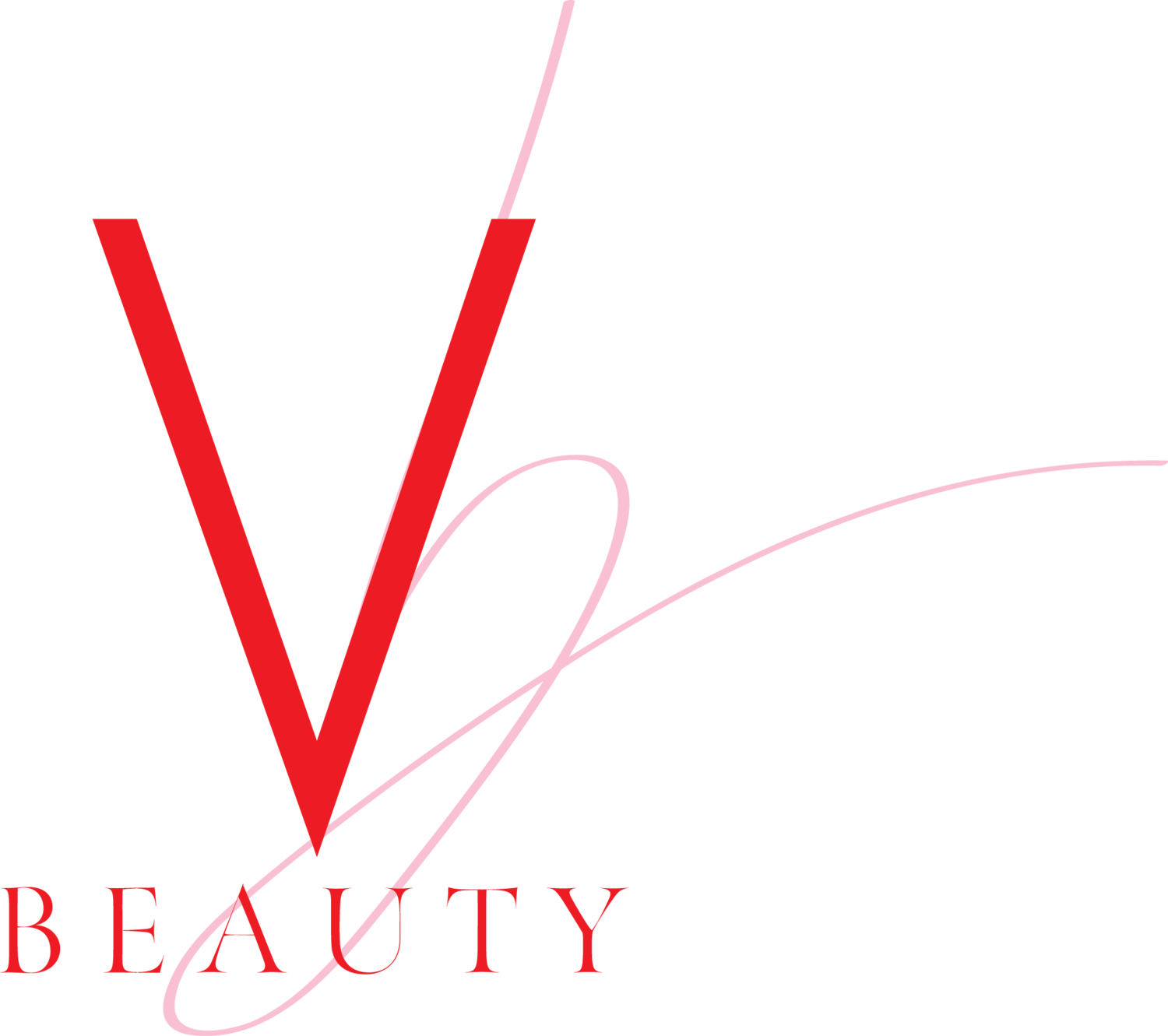Superfoods are Just for Sprinkling
The other day my friend was telling me about someone who only ate superfoods. Lunch was kale, tofu, chia pudding, seeds, nuts…you know, the works. I love superfoods and being on a health trip but focussing primarily on them is never a good idea.
The term was coined in the early 1990s in a book called Superfoods by Micheal Van Straten and Barbara Griggs. The caption on the cover was: ‘The cookery book that combines recipes using delicious natural ingredients with a guide to the therapeutic properties of common foods to improve your health.’ Did you read the part where it says common foods? Since then, the food industry has taken off giving us overpriced options that claim to transform health. While I do believe that chia seeds, quinoa and raw cacao are great options to stock in the kitchen, they wouldn’t be the building blocks of my diet.
For me whole grains, vegetables, fruits, bits of meat, drinking lots of water are essential. Then I add a touch or maca or moringa as boosters. I think being healthy is not so much what you eat, but what you don’t. I don’t overindulge in refined flour or processed meat or alcohol or cigarettes. On a daily basis I eat brown rice, dal and sabzi. I eat my superfoods in the morning – a sprinkling of quinoa over toast, some goji berries in my porridge, or avocado in my Nutriblast. But if my avocado comes at 500 bucks a piece, then I’m very happy eating poha.
The obsession with superfoods has led to commercial farming, which drastically reduces their potency. Take the case of salmon – after Dr Perricone wrote about it in his anti-inflammatory diet recommending that it must be eaten twice a day, the demand surged. Salmon started being farmed in huge numbers. But today research shows that farmed salmon is one of the most toxic foods in the world. The persistent organic pollutants (POPS) in farmed salmon are related to ADHD, autism, and reduced cognitive function in children. 94% of pops that accumulate in women are released during pregnancy and nursing. Just look at a difference between the deep carrot colour of the wild salmon vs the marbled peach of the farmed and you will understand the difference in nutritional content.
The point I’m trying to make is that once a superfood surges in popularity a lot of pesticides, drugs and chemicals are used to produce it on a large scale. This reduces the potency of the foods and causes environmental damage. There’s also the obsession with eating imported fruits like Red Delicious apples from the US or blueberries from the UK. Have you ever wondered how they remain fresh for so long? I always buy fruit and veg grown in India. Why should I opt for a Pink Lady when my Kullu apple is far more fresh?
My advice would be to eat superfoods, but moderately. I mean home-made raw cacao truffles would definitely be more nutritious than a bar of chocolate. But most importantly stick to seasonal, locally-grown produce, exercise and drink lots of water. Because superfoods won’t help if you don’t take care of the basics.

